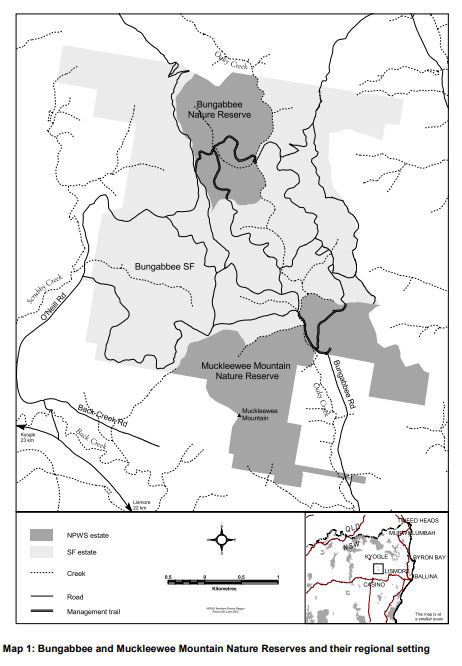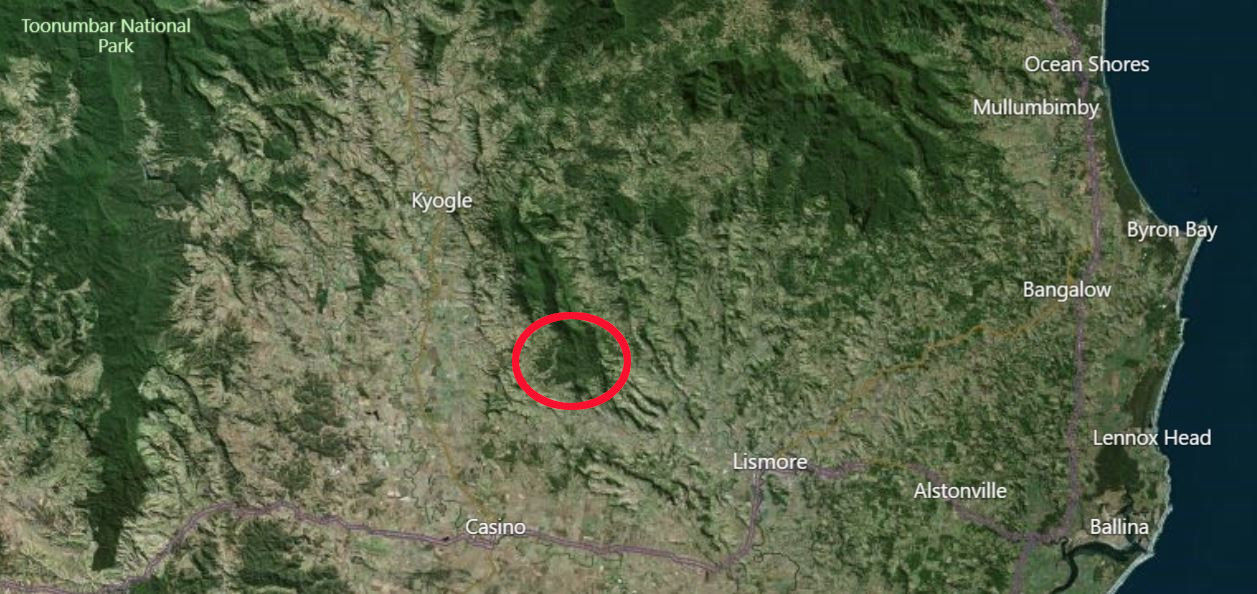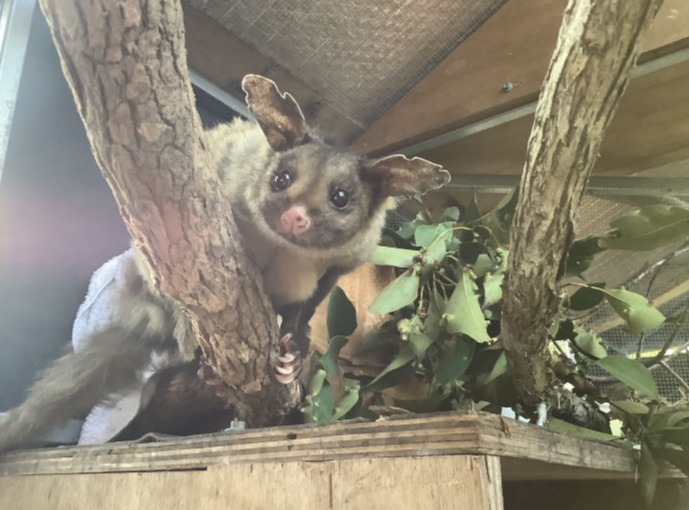Acacia the Squirrel Glider - Abi Andrews
About the Story
'If We Care We Can' was originally conceived and written as a digital children's story which is freely available online. The website incorporates a digital art gallery which children and young people alike are encouraged to contribute to. In 2023 the story was published in print format as well.
The project was conceived and co-created by Abi Andrews and Renata Phelps as a collaborative, community-based project. The artwork takes the form of collage, with a melding of photos, drawings and scanned flora and other artifacts from a wide range of talented artists and photographers, predominantly from the North Coast of NSW.
'If We Care We Can' tells the story of Acacia, a Squirrel Glider, who is rescued as a tiny joey and raised by human wildlife carers. When she is released into the wild she travels to a nearby forest, meeting and learning about native plants and animals, and how important the forest is to them. She overhears humans talking about plans to log the forest and, by collaborating with animals and humans alike, the forest is saved.
The story is ideal for ages 8-18 and all those who are young at heart.


